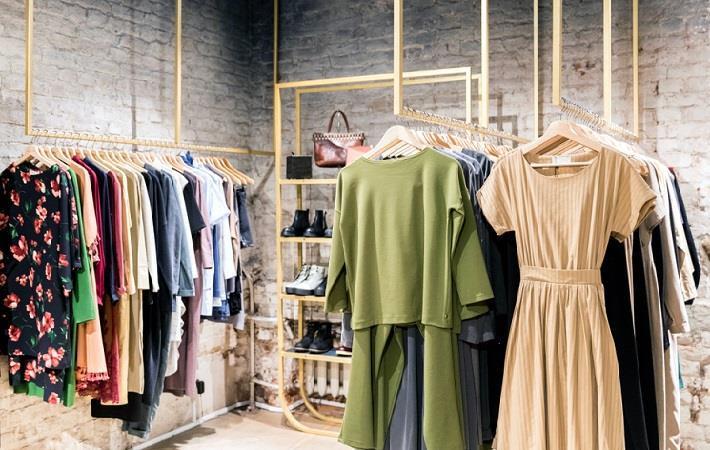The US Trade Representative (USTR) recently sought a list of retailers that cancelled work orders with Bangladeshi firms due to the coronavirus pandemic. The US government is expected to urge the retailers to accept their shipments of work orders cancelled earlier. About 95 per cent of all exports from Bangladesh to the United States are garments.
A senior USTR official expressed his organisation's willingness to carry out this initiative during a virtual meeting of the Trade and Investment Cooperation Forum Agreement (TICFA) Council with Bangladesh's representatives recently.The US Trade Representative (USTR) recently sought a list of retailers that cancelled work orders with Bangladeshi firms due to the coronavirus pandemic. The US government is expected to urge the retailers to accept their shipments of work orders cancelled earlier. About 95 per cent of all exports from Bangladesh to the United States are garments.#
The fifth round of meeting under TICFA, signed in November 2013 to create a platform for two countries to negotiate trade and investment, was held in Dhaka in March.
A considerable number of work orders for garment items have either been cancelled, deferred or withheld at various seaports as retailers in the US are reluctant to accept deliveries amid the current economic uncertainty, according to the Bangladesh Garment Manufacturers and Exporters Association (BGMEA).
However, the international buyers who did not cancel or defer their work orders are demanding unusual payment terms. For instance, most of the retailers complete payment within 90 days after placing an order as per the contract outlined in the letter of credit. Now, buyers have asked for up to 180-210 days to complete their payment.
As many local garment manufacturers are giving in to these demands to keep operations afloat, the sector has run into a liquidity shortage and thousands of workers have lost jobs.
During the meeting, Bangladesh said that US investors could help set up manufacturing plants for coronavirus vaccines as it would make the highly sought-after drug more affordable and available for the country.
"We need a lot more foreign direct investment to spur on our country's development," Bangladesh commerce secretary Mohammad Jafar Uddin, who led the Bangladesh delegation, was quoted as saying by Bangla media reports. Christopher Wilson, an assistant USTR representative for South and Central Asia, led the US delegation.
The Bangladesh team also demanded more American investment in non-coronavirus-related pharmaceutical industries.
The issue of reinstating the generalised system of preferences (GSP) for certain Bangladeshi products bound for US markets was also raised.
During the meeting, the US delegation demanded cotton imported from the US be not fumigated upon arrival as it had already gone through the process before being shipped. Double fumigation deteriorates the cotton's quality and also causes a delay in the manufacturing process. The double fumigation method was introduced in the 1950s to prevent bollworm attacks.
Fibre2Fashion News Desk (DS)
